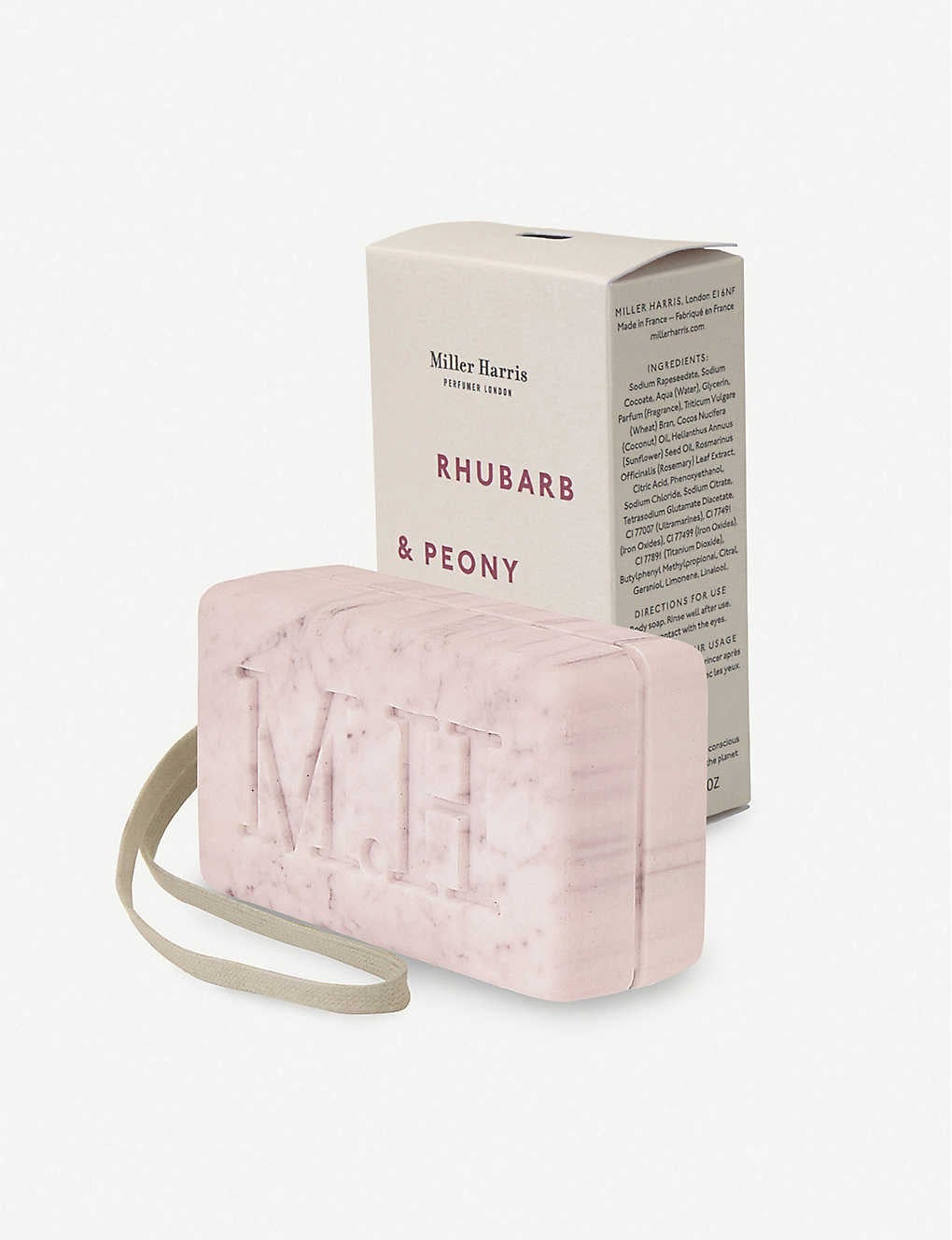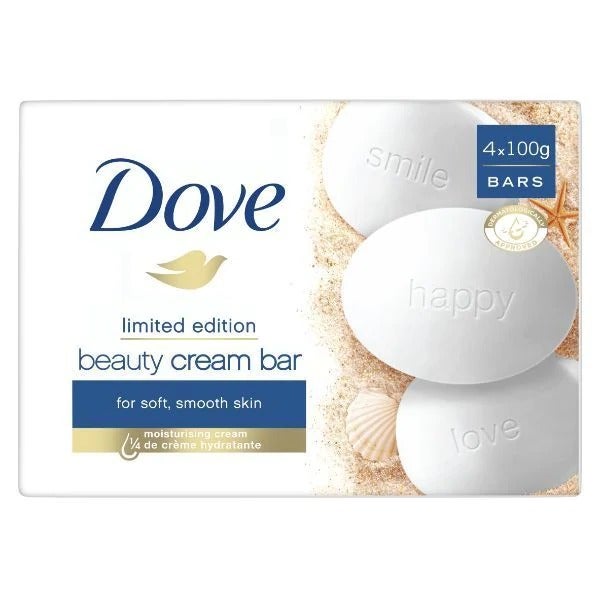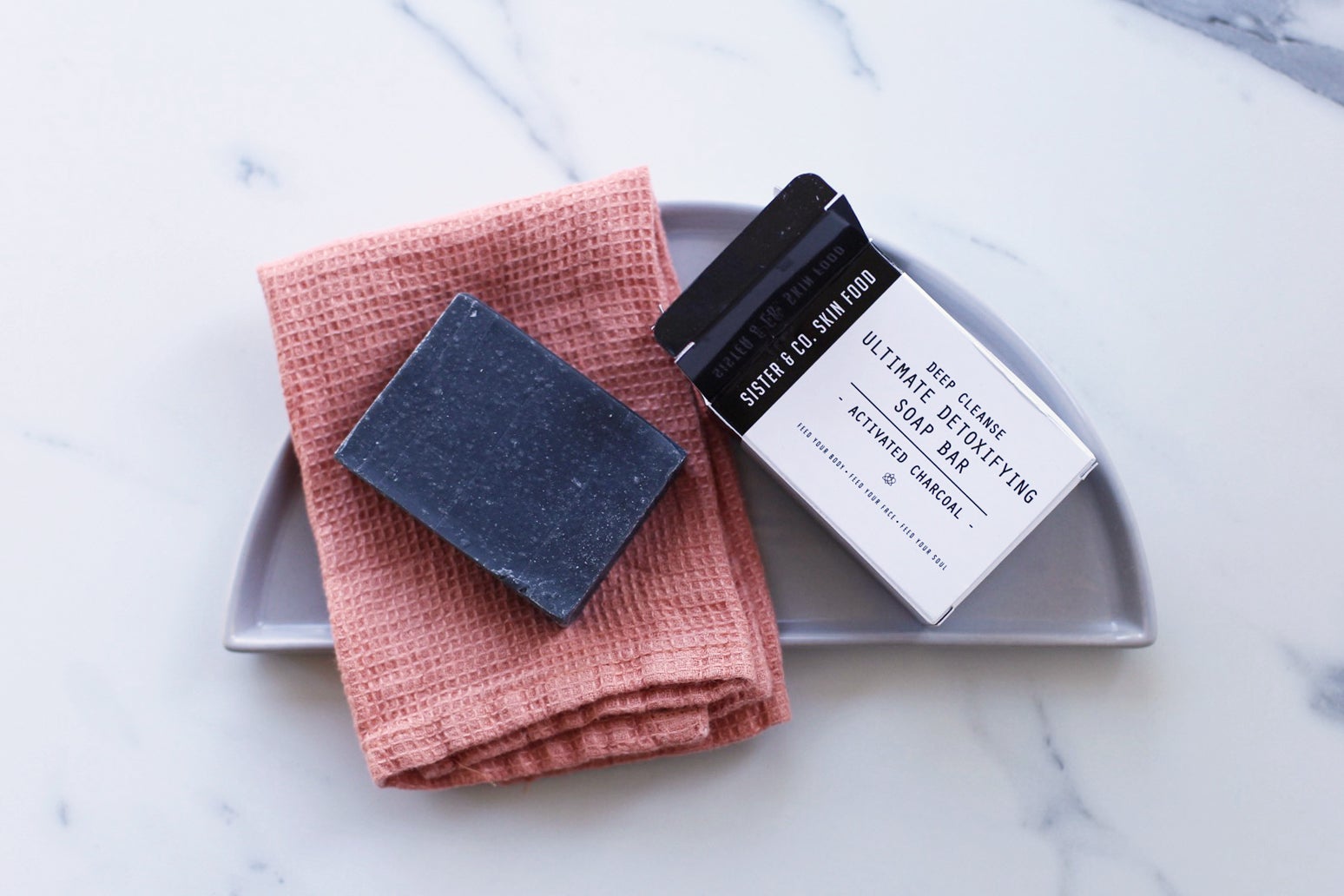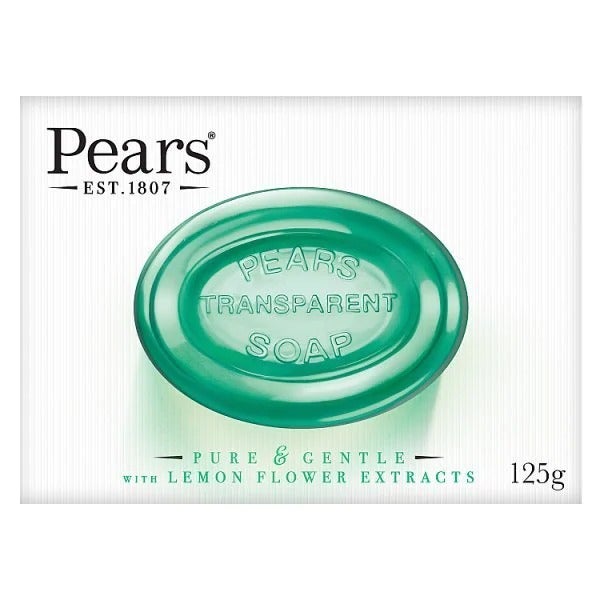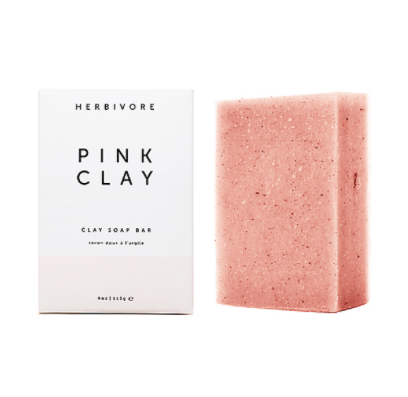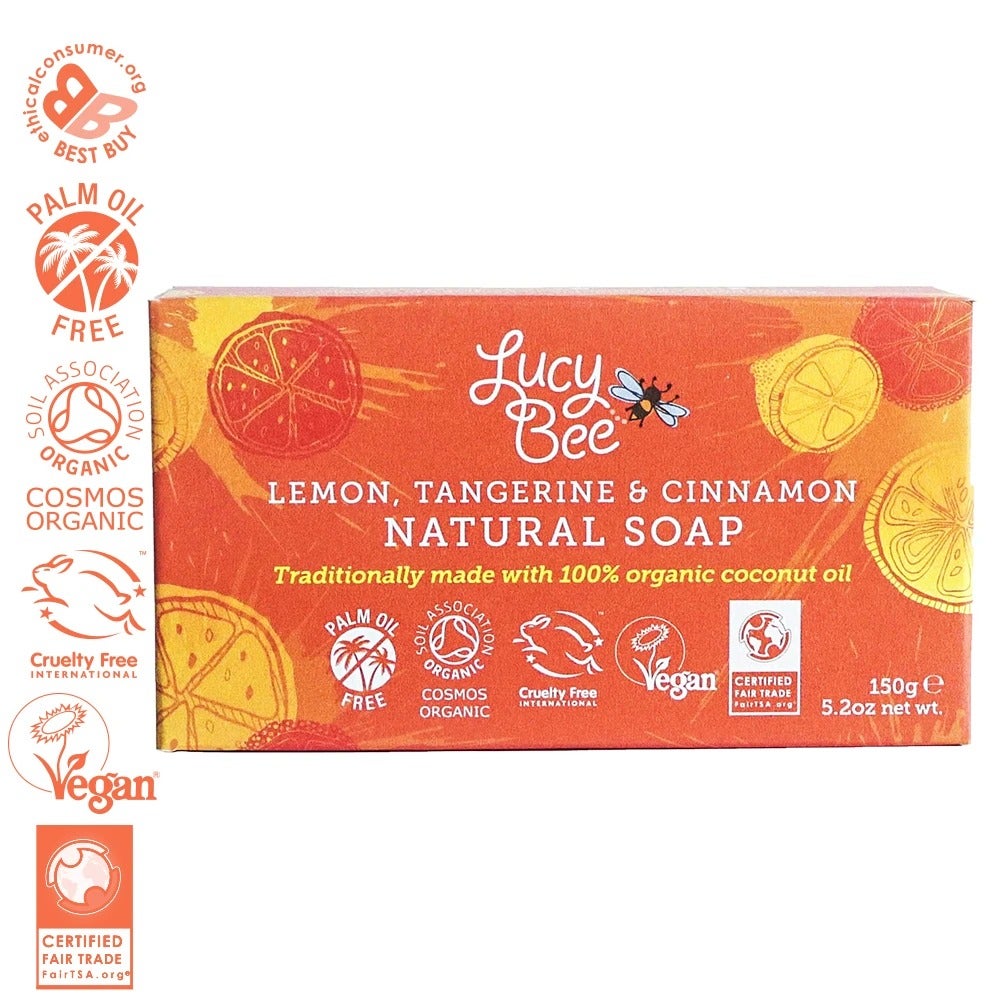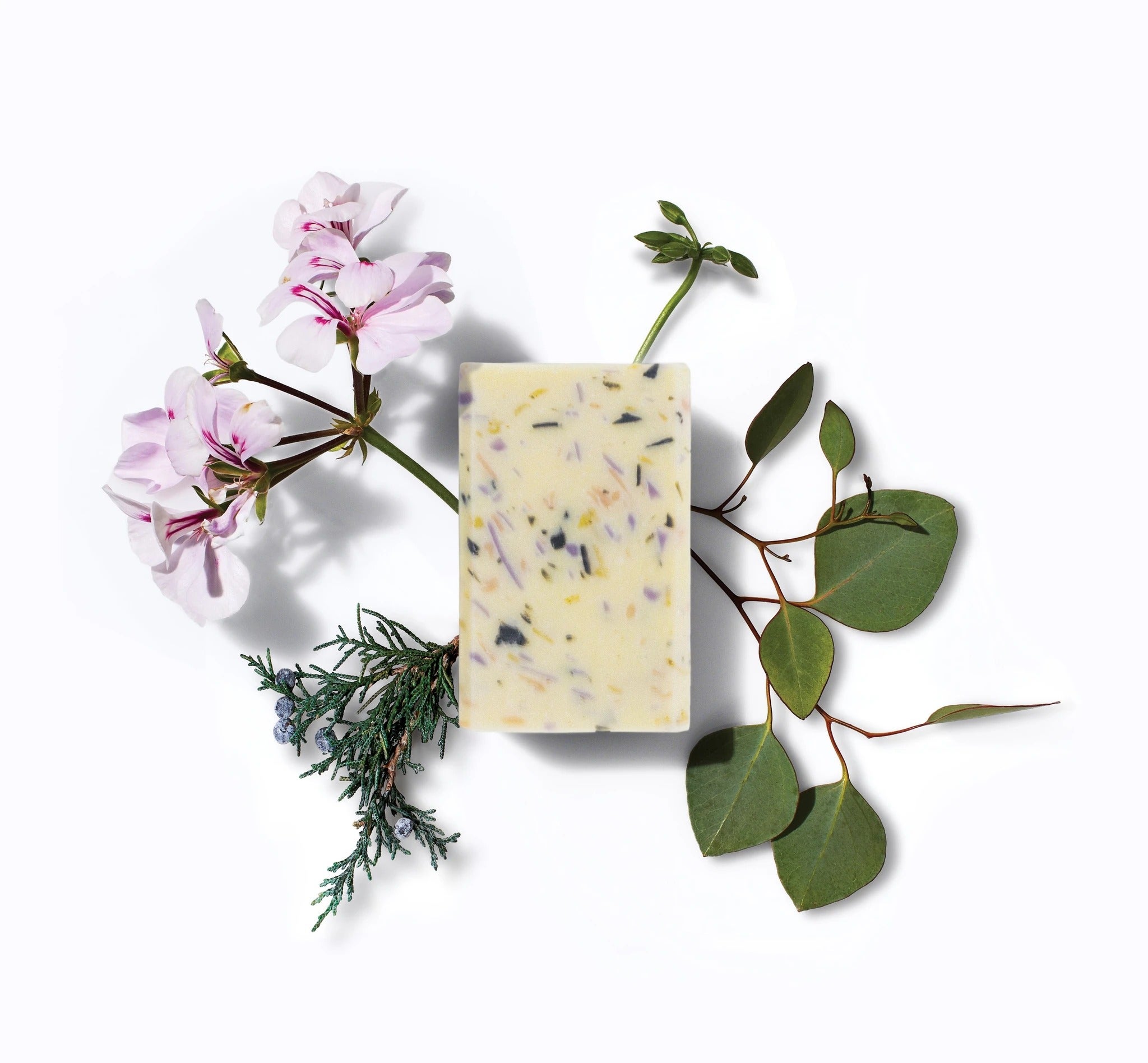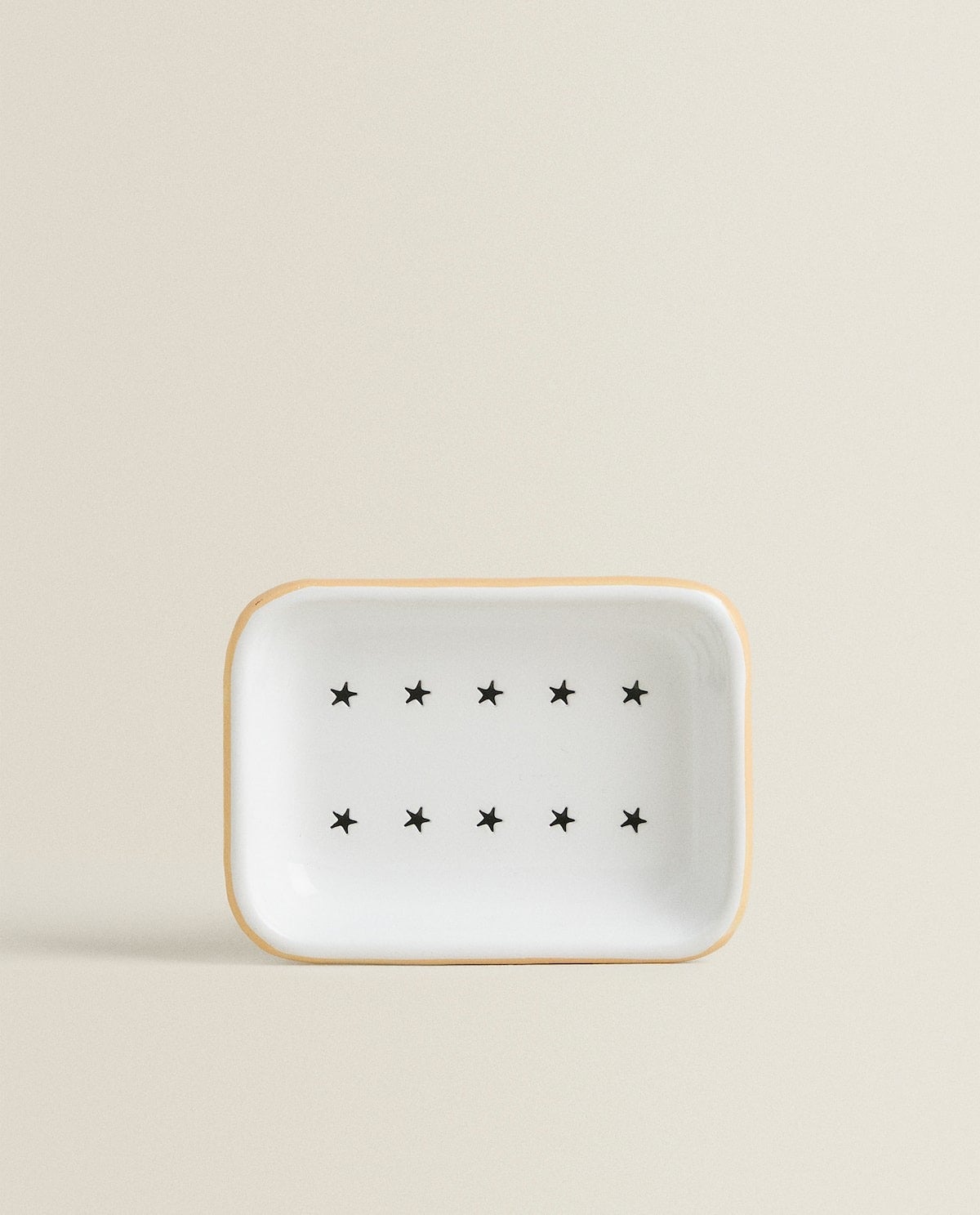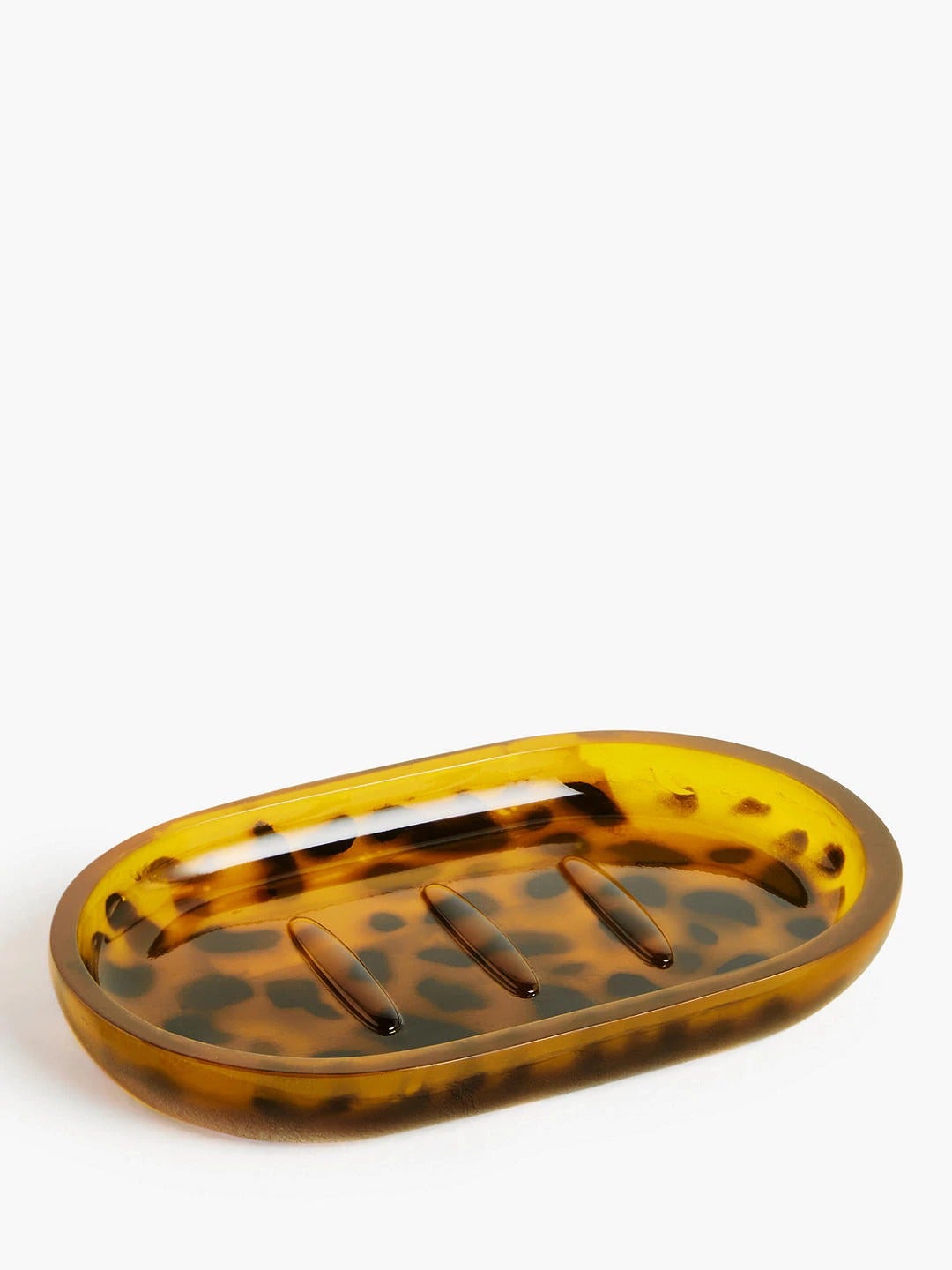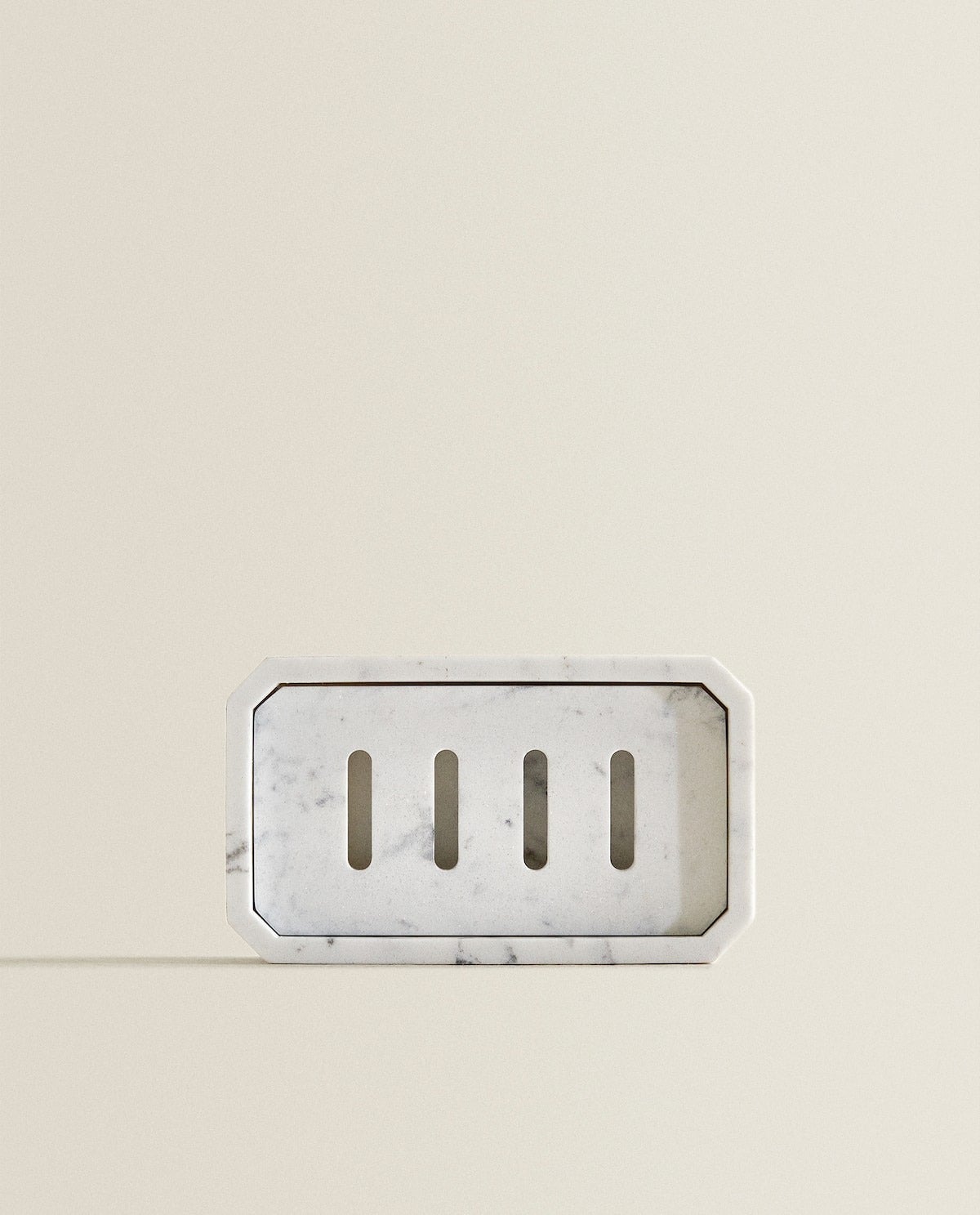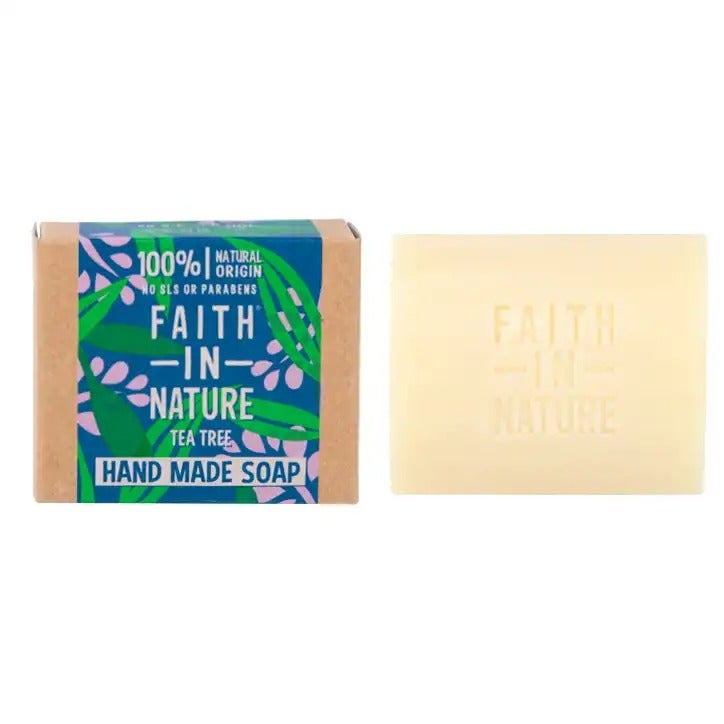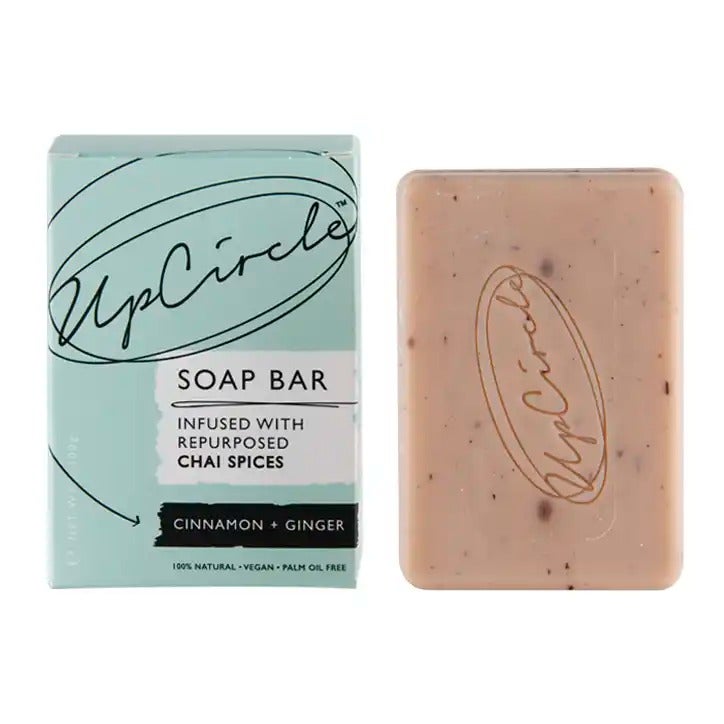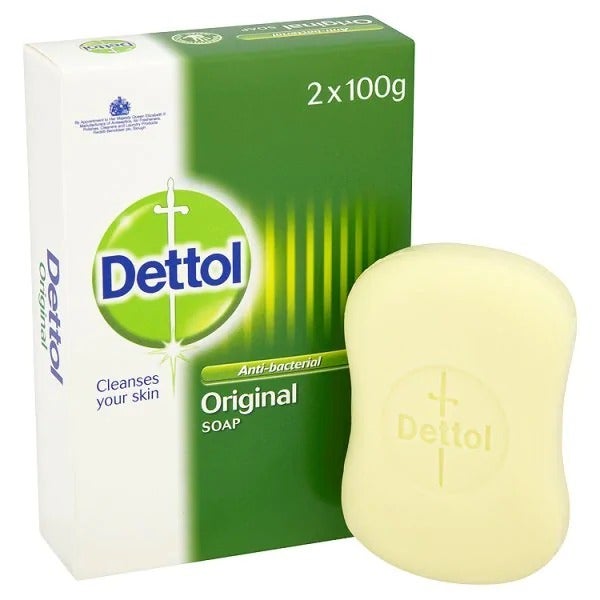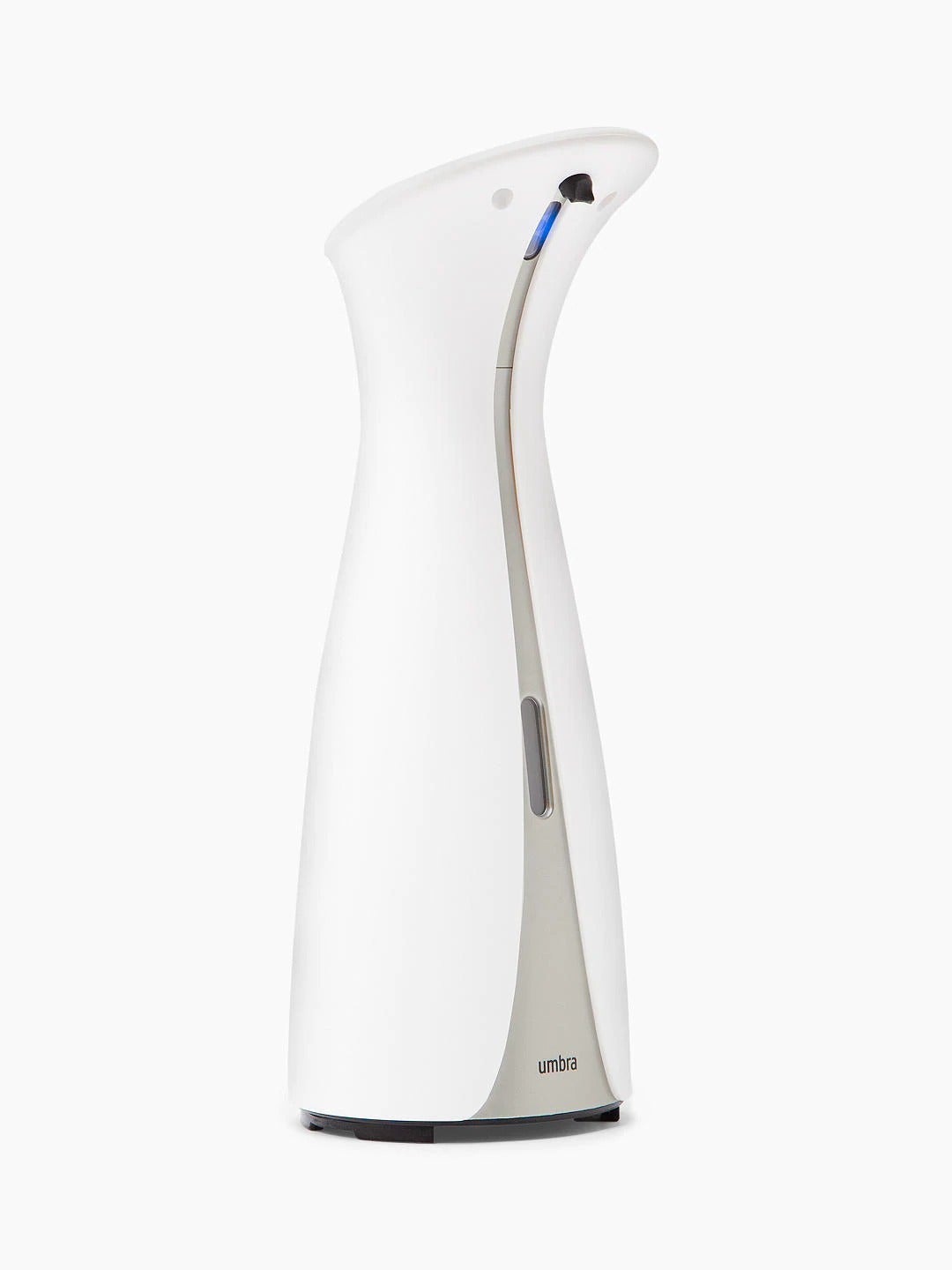Is It Hygienic To Wash Your Hands With A Bar Of Soap During Coronavirus?
Photo by Jason Jarrach
With lockdown extended, coronavirus anxiety is still very much at the top of everyone's mind. Wearing face masks and gloves in public, adhering to social distancing rules and washing and sanitising our hands a lot more than usual have become ingrained in our daily life as we adhere to government guidelines.
Alongside necessities like food and toilet paper, liquid hand soap and alcohol-based hand gels are selling fast. While supermarket, drugstore and pharmacy aisles may be bare, one thing always seems to be left behind: the humble bar soap.
Despite recently undergoing a makeover thanks to brands such as Herbivore and Sister & Co., which have championed skin-friendly ingredients over drying sulphates (not to mention cute packaging), lots of us are reluctant to buy a traditional bar of soap during the coronavirus pandemic. Unlike liquid hand soap in traditional pumps, bar soaps often dry out and crack, accumulate gunk on the side of the sink and cling on to suds from the last wash. At a time when we're being told to avoid germs and keep our hands super clean, is it actually hygienic to wash your hands with a bar of soap?
AdvertisementADVERTISEMENT
"Technically speaking, bars of soap can harbour bacteria and viruses but these organisms are washed away as soon as you combine the soap with water and lather," says Dr Rachel Nazarian of Schweiger Dermatology Group in NYC.
Consultant dermatologist Dr Anjali Mahto adds: "There isn't a great deal of evidence to suggest that a bar of soap is any better or worse than using liquid soap. Good old-fashioned soap and water for 20 seconds is a good option for washing your hands."
A bar of soap is equally as effective as antibacterial soap or liquid soap, and therefore hygienic, says Dr Nazarian. "The surfactants in the soap in combination with water help to lift the bacteria and the viruses off, remove them from our skin and wash them down the drain," she says. "As long as whomever is using the soap uses it properly, by lathering with water for at least 20 seconds, the risk of contamination or infection is low."
It's how you store your bar of soap that matters, though. "In order to keep your soap and surrounding area as clean as possible, I recommend using a soap dish that is non-porous," adds Dr Nazarian. "Also, keep your soap dry in between showers."
Of course, experts understand that individual circumstances may be different. For those who are immunosuppressed or worried about even the slightest risk of contamination with bacteria or viruses, Dr Nazarian suggests that the most effective way to avoid sources of germs is a non-touch soap dispenser. "This responds to movement before dispensing liquid soap. For everyone else, either liquid soap or a bar of soap is perfectly appropriate and low risk."
AdvertisementADVERTISEMENT







